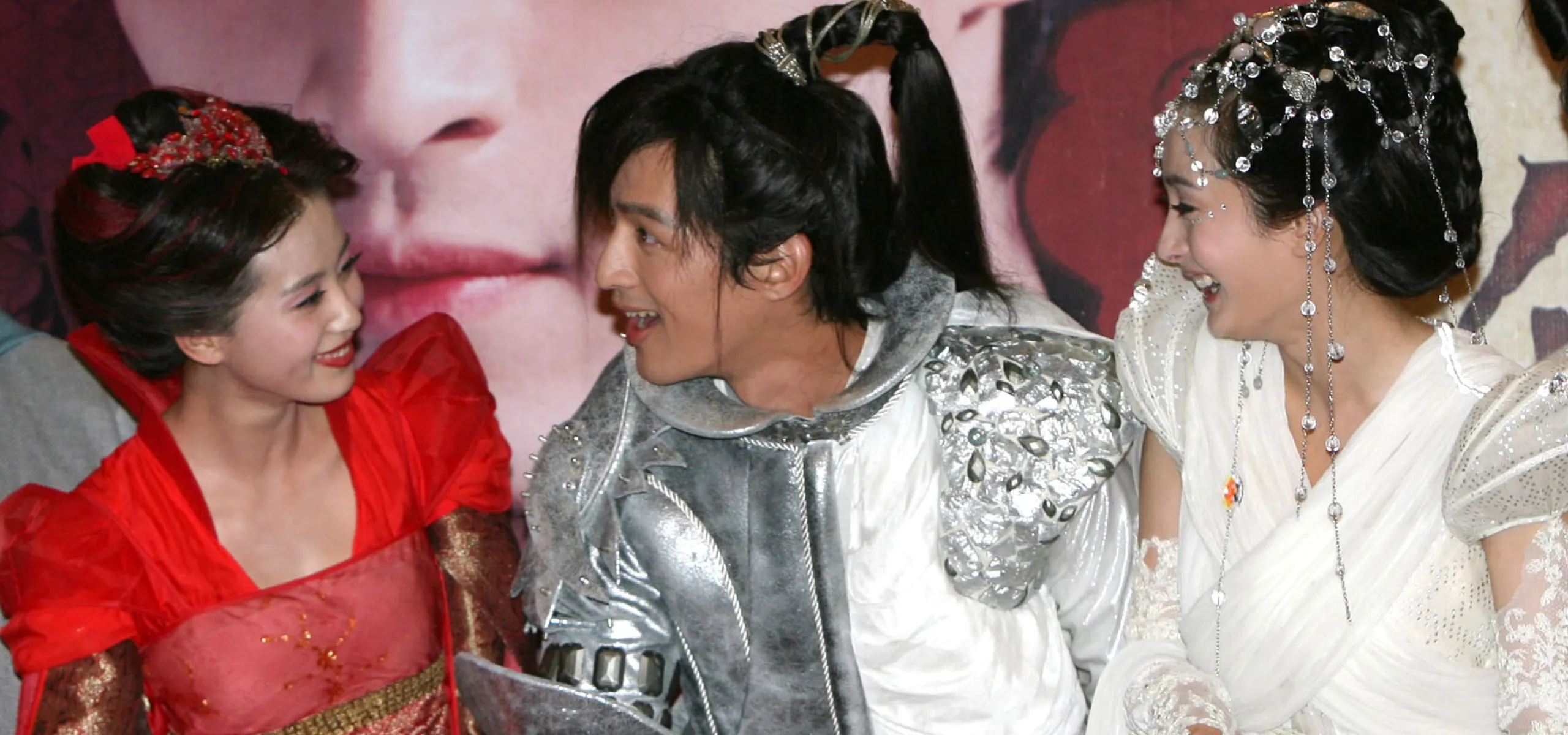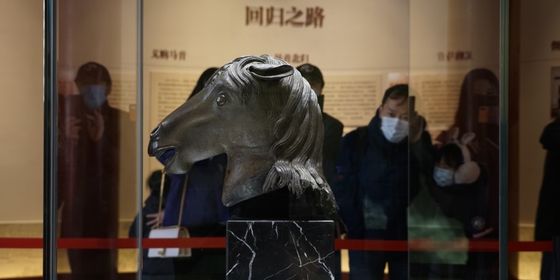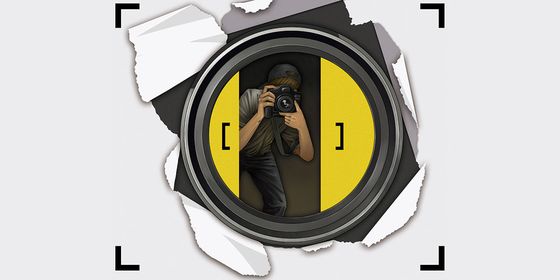What Chinese netizens mean when they say, “My DNA moved”
DNA (deoxyribonucleic acid) is “the chemical, present at the center of the cells of living things, that controls the structure and purpose of each cell and carries genetic information during reproduction,” according to the Cambridge Dictionary.
Don’t worry. We’re not here to learn about DNA’s biological importance. The term “DNA” also makes its presence felt in the world of Chinese internet slang. In the field of Chinese social media, DNA can be understood as something present in the deepest part of one’s mind that stores a person’s most salient impressions and memories.
These emotions can come from anywhere: music, gestures, or people. Anything that is so impressive and moving that it imprints itself onto one’s mind can be said to be “carved into my DNA (刻进我的DNA里 kèjìn wǒ de DNA li).”
It’s a thrilling and emotional moment when netizens’ memory pool is stirred. If something resonates and reminds them of the feelings they felt once before, then you can says, “my DNA moved (DNA动了 DNA dòng le).”
One thing that is guaranteed to “move” the fragile DNA of netizens is nostalgia (怀旧风潮 huáijiù fēngcháo), especially when they get sentimental about their childhood. “It’s time to recall youth again, and my DNA has moved fiercely (又到了回忆青春的时候,DNA狠狠动了 Yòu dàole huíyì qīngchūn de shíhou, DNA hěnhěn dòng le).”
Chinese Paladin 3 (《仙剑奇侠传三》), the 2009 fantasy TV series adapted from the video game of the same title, achieved massive popularity and accompanied the childhood of many now active on social media. They mourn the show as one of the “tears of an era (时代的眼泪),” or precious memories of a generation. Netizens thus gush on social media: “Chinese Paladin 3 is an unprecedented classic. When I hear the start of any of its music tracks, my DNA responds (《仙剑奇侠传三》真是无法超越的经典,听到任何一首BGM前奏,我的DNA都有反应了 《Xiānjiàn Qíxiá Zhuàn Sān》zhēnshì wúfǎ chāoyuè de jīngdiǎn, tīngdào rènhé yì shǒu BGM qiánzòu, wǒ de DNA dōu yǒu fǎnyìng le).”
The theme songs of other old cartoons have the same effect: “Whose childhood DNA moved after hearing the theme song of this cartoon? Suddenly I want to watch it again (听到这个动画片的主题曲,谁的童年DNA动了!忽然就想重新刷一遍了 Tīngdào zhège dònghuàpiàn de zhǔtíqǔ, shéi de tóngnián DNA dòng le! Hūrán jiù xiǎng chóngxīn shuā yí biàn le).”
Many other events can affect netizens’ DNA, like when they learn a skill: “I practiced this movement so many times, it’s engraved into my DNA (这个动作已经练太多遍了,是刻进DNA的程度了 Zhège dòngzuò yǐjīng liàn tàiduō biàn le, shì kèjìn DNA de chéngdù le).”
Or, “I hadn’t cooked in ages, but when I cooked again it was surprisingly delicious still. The ability to cook is in my DNA (好久没有做饭了,再做居然还很好吃,做饭在我的DNA里了 Hǎojiǔ méiyǒu zuòfàn le, zài zuò jūrán hái hěn hǎochī, zuòfàn zài wǒ de DNA lǐ le).”
The internet is the place where people go to reminisce and to connect with people with similar interests, and most users are desperate to find their own niche community and empathetic resonance. Perhaps that's why they keep packing more and more things into their DNA. They even mock themselves about it, saying: “My DNA contains absolutely everything, except for genes (DNA里除了基因什么都有 DNA li chúle jīyīn shénme dōu yǒu).”














